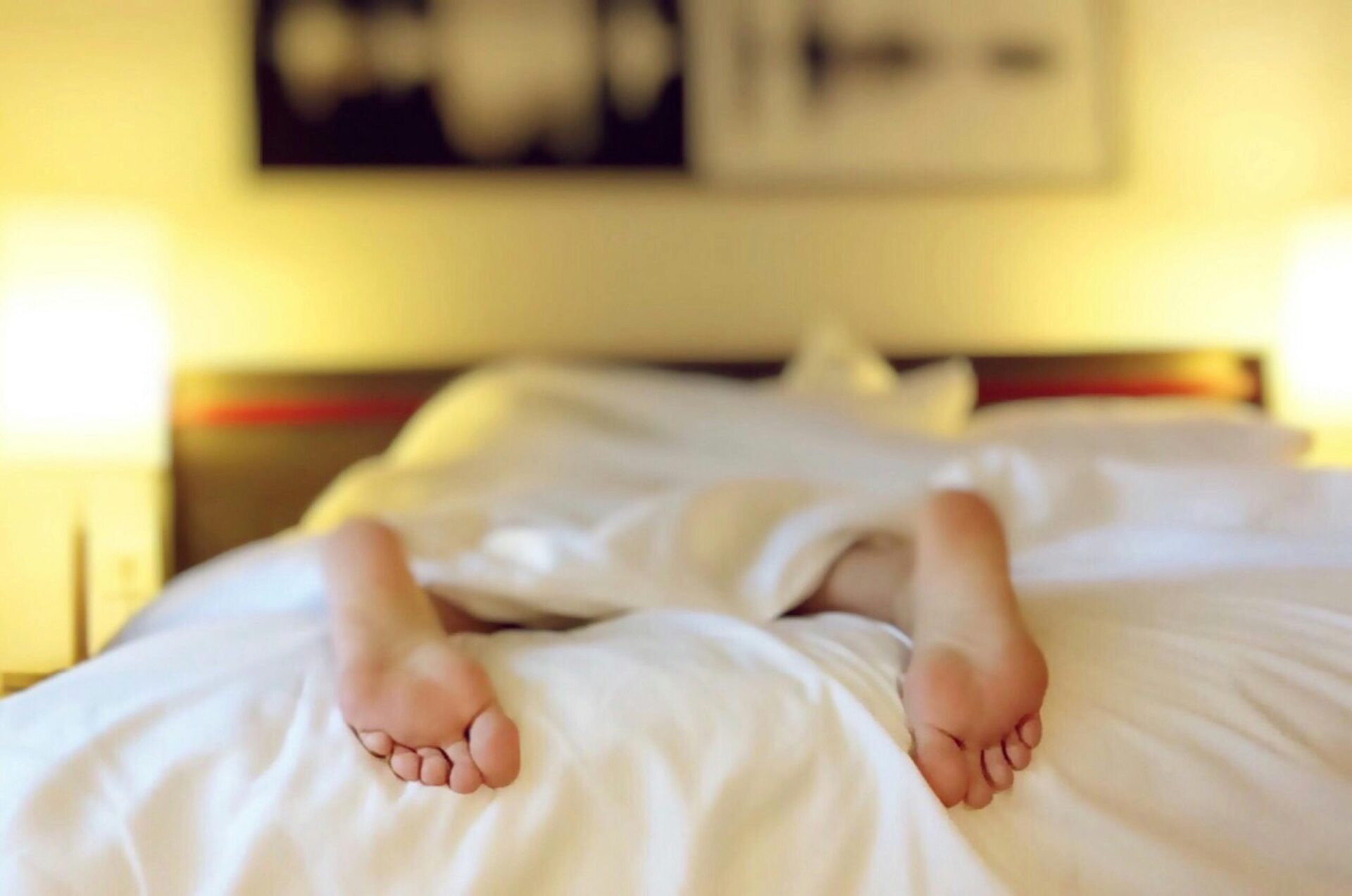
If you’re tossing and turning night after night, you’re not alone. And you’re not out of options either.
While prescription sleep aids may seem like a quick fix for insomnia, they can come with grogginess, dependence, and other side effects. Thankfully, science-backed approaches are offering new ways to fight this debilitating sleep disorder that go beyond the pill bottle.
From targeted therapies to smart tech and calming supplements, here’s how you can reclaim your sleep naturally and effectively.
CBT-I: The Therapy That’s Outperforming Pills
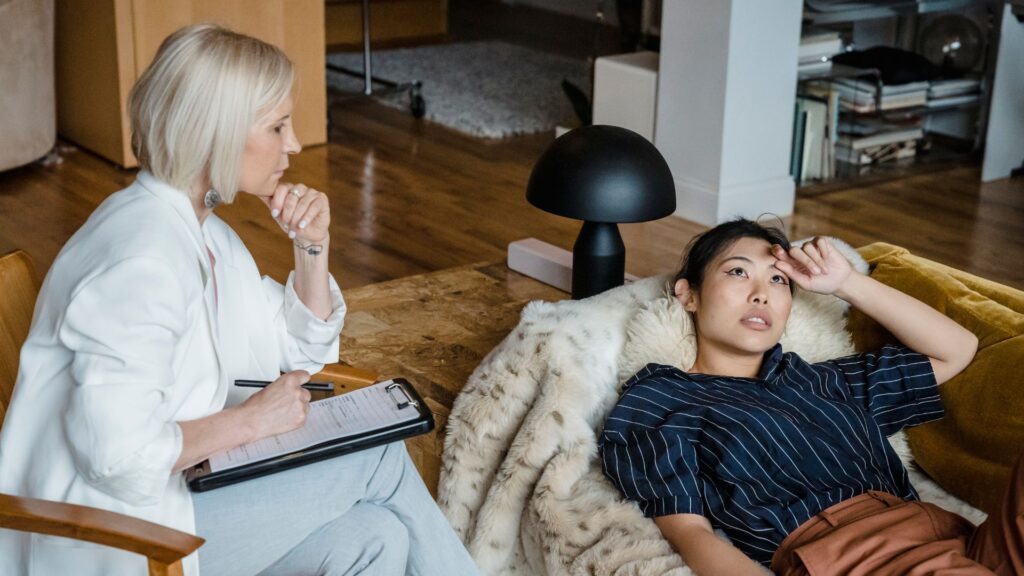
Cognitive Behavioral Therapy for Insomnia (CBT-I) is now considered the gold standard for treating chronic sleep troubles. It helps retrain your brain by identifying unhelpful sleep habits and replacing them with healthier patterns. Unlike sleeping pills, which often stop working once you quit, CBT-I builds lasting sleep improvements over time. Many therapists now offer CBT-I, and there are even app-based versions available for easier access.
Sleep Restriction Therapy: Less Time in Bed, More Actual Sleep

It might sound counterintuitive, but spending less time in bed can actually help you sleep better. Sleep restriction therapy, often used as part of CBT-I, limits time in bed to match actual sleep time. As your sleep efficiency improves, time in bed is gradually extended. It’s a structured approach that helps the brain re-establish a strong sleep-wake rhythm.
Resetting Your Clock with Light Therapy
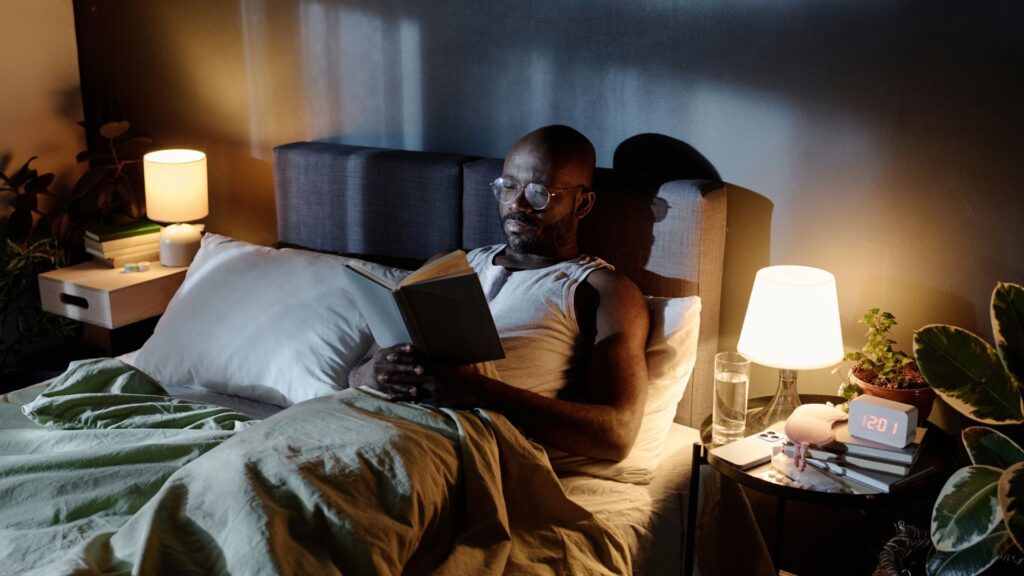
If your sleep-wake cycle is off, light therapy could help. Exposure to bright light, especially in the morning, can nudge your circadian rhythm back on track. This is particularly helpful for night owls, shift workers, or people with delayed sleep phase disorder. Pairing morning light with dim lighting in the evening can amplify results and help signal to your body when it’s truly time to wind down.
Mindfulness and Meditation: A Calmer Mind for Deeper Sleep
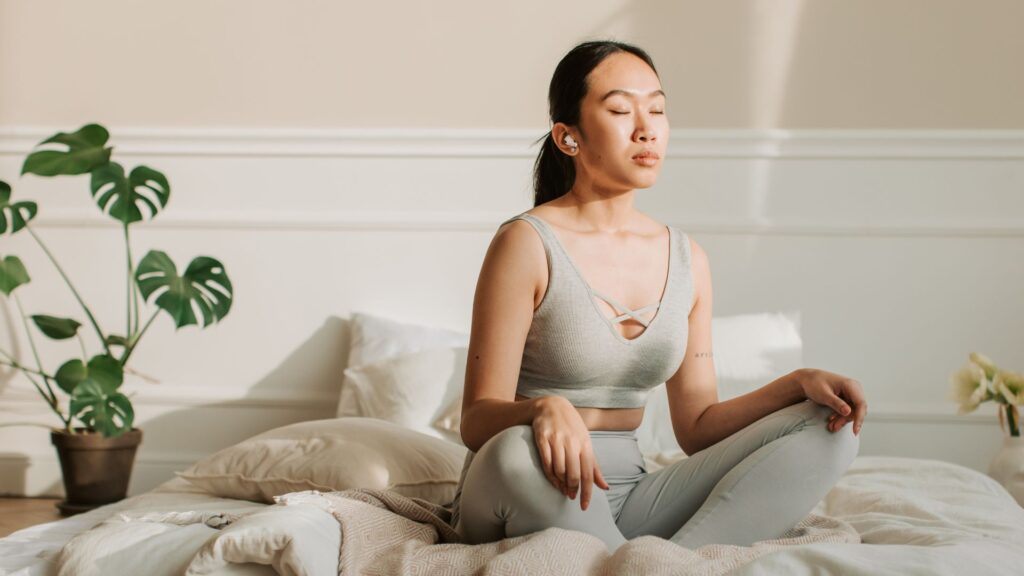
Racing thoughts and late-night worries are major insomnia triggers. That’s where mindfulness-based programs like MBSR (Mindfulness-Based Stress Reduction) come in. Research shows these techniques can help calm the nervous system, reduce sleep anxiety, and encourage deeper rest. Even 10 minutes of guided meditation before bed can lower stress and prep your body for sleep.
Sound-Based Sleep Science: White Noise and Binaural Beats
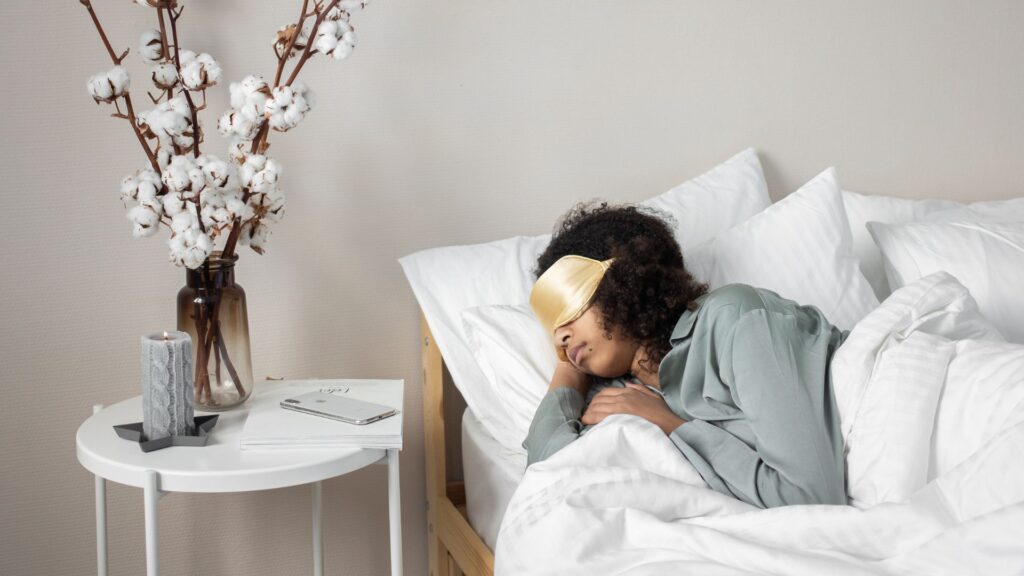
White noise machines and sleep-focused playlists are getting a high-tech upgrade. From pink noise that mimics natural soundscapes to binaural beats that encourage slow-wave brain activity, acoustic stimulation is showing promise for enhancing sleep depth. Some studies even suggest these sounds can help with memory consolidation by boosting deep sleep cycles.
Smart Sleep Tech and Biofeedback Tools

Wearables like Oura Rings, headbands, or smartwatches now track everything from sleep cycles to heart rate variability. But some tools go beyond tracking—they offer gentle feedback or stimulation to promote sleep. For instance, neurofeedback headbands use real-time brainwave monitoring to help guide you into more restful states. These insights can also highlight patterns you didn’t know were hurting your sleep.
Gentle Supplements with Promising Effects

Melatonin remains a popular go-to, but other supplements like magnesium glycinate, L-theanine, GABA, and even low-dose CBD are gaining attention for their calming effects. These are not magic pills, but when used mindfully and with guidance from a health professional, they can support better sleep without the harsh rebound effects of prescription meds. It’s important to avoid megadosing or mixing multiple supplements without proper knowledge.
Sleep Coaching and Digital CBT-I Apps
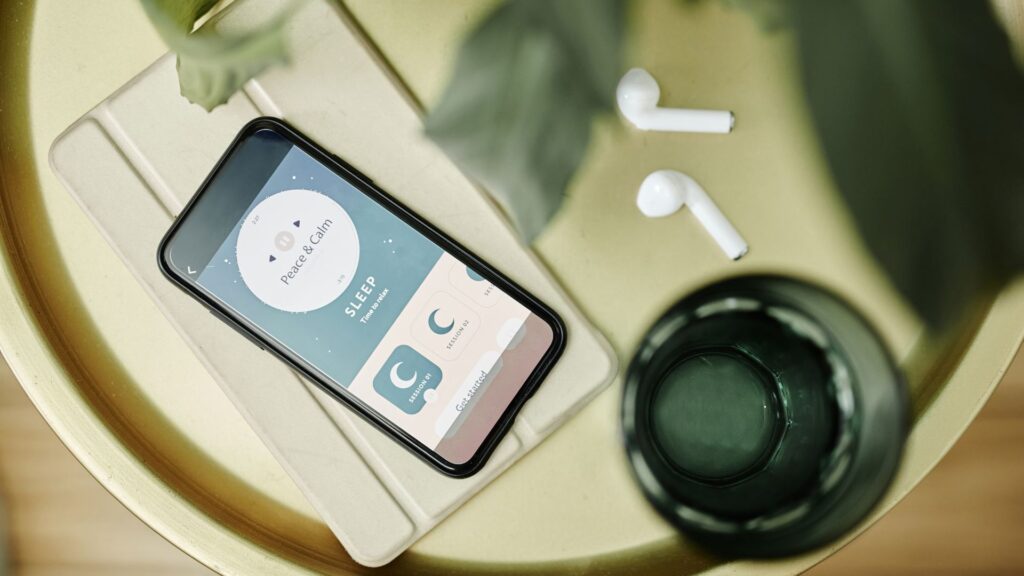
Can an app really help you sleep? Surprisingly, yes. Digital CBT-I tools like Sleepio and SOMRyst bring expert strategies to your fingertips. They guide you through daily sleep goals, relaxation methods, and lifestyle changes tailored to your patterns. These can be great starting points for people who aren’t ready for therapy or want to try structured help at their own pace.
Better Sleep Starts with Smarter Choices
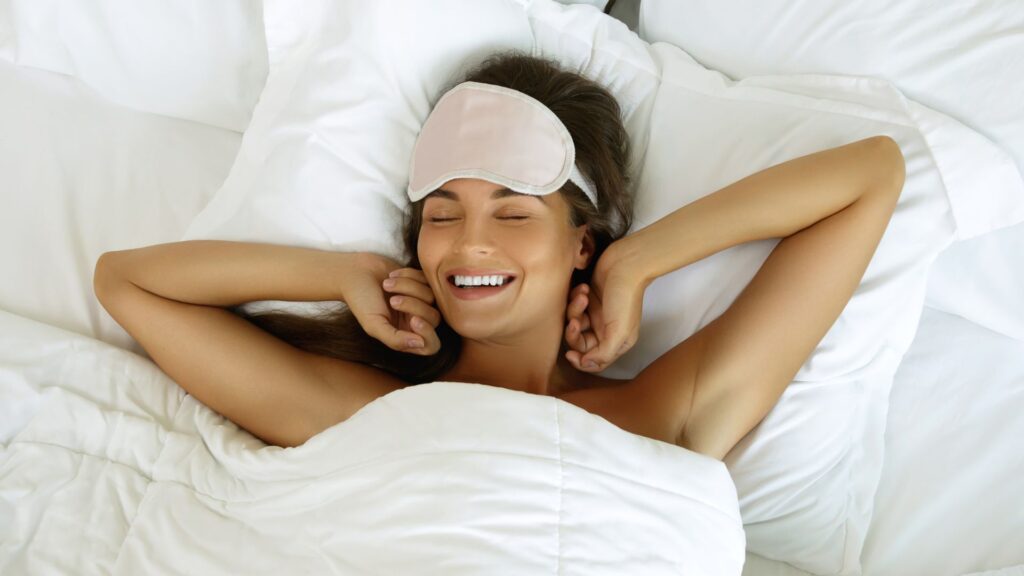
You don’t need heavy medications to win the fight against insomnia. Today’s science-backed, tech-savvy, and therapy-driven options offer safer, more sustainable solutions. Whether you’re retraining your sleep habits with CBT-I or trying a data-driven approach with wearables and light therapy, the goal is the same: to sleep better without compromising your long-term health. By staying informed and intentional about what you try, you can make sleep your superpower again.